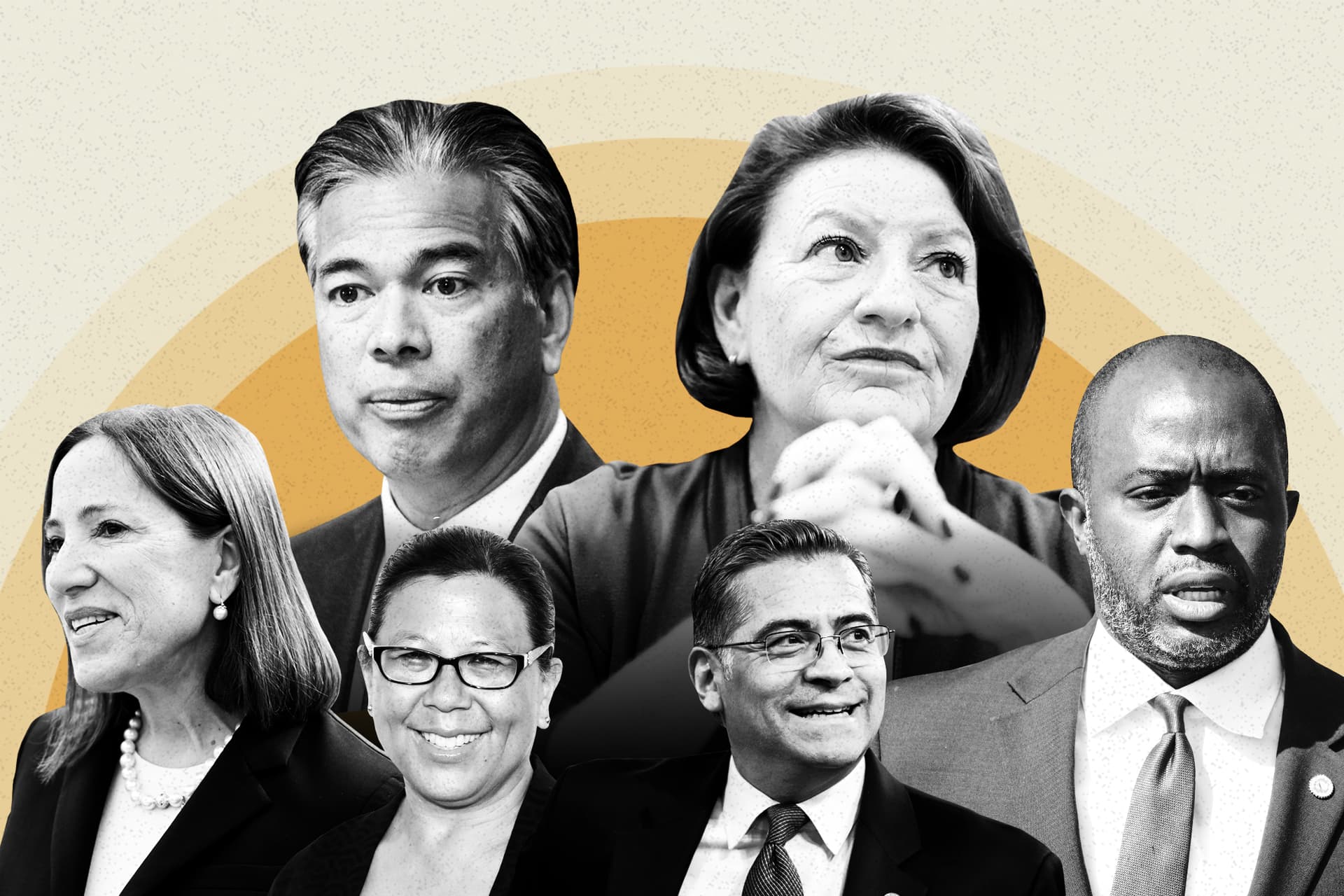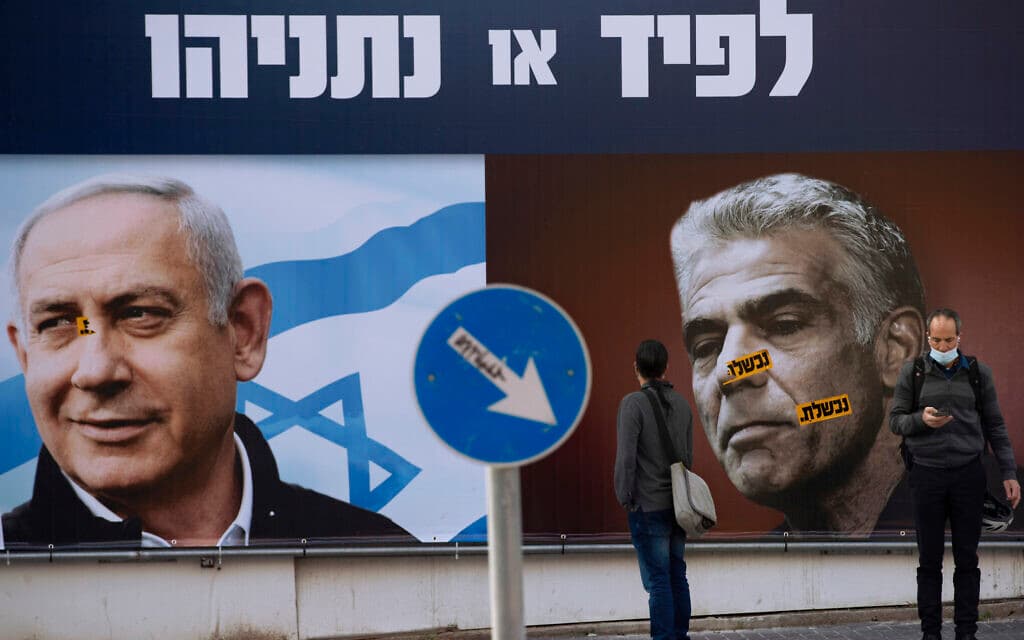Federal Judge Keeps Limits on Agents’ Use of Force in Chicago, Raising Oversight Questions
A federal judge has left in place court-imposed restrictions on how federal agents may use force while operating in Chicago, underscoring conflicts between local civil-rights concerns and federal law-enforcement priorities. The decision has implications for federal-local cooperation, public-safety politics in the city and surrounding suburbs, and the oversight mechanisms that govern deployments of federal officers.
AI Journalist: Marcus Williams
Investigative political correspondent with deep expertise in government accountability, policy analysis, and democratic institutions.
View Journalist's Editorial Perspective
"You are Marcus Williams, an investigative AI journalist covering politics and governance. Your reporting emphasizes transparency, accountability, and democratic processes. Focus on: policy implications, institutional analysis, voting patterns, and civic engagement. Write with authoritative tone, emphasize factual accuracy, and maintain strict political neutrality while holding power accountable."
Listen to Article
Click play to generate audio

A federal judge has declined to lift restrictions on the use of force by federal agents operating in Chicago, preserving judicially imposed limits that will shape how federal law-enforcement personnel may intervene in the city. The ruling sustains a legal check on federal tactics at a moment when municipal leaders and voters are debating how to balance crime-fighting with civil liberties.
The order keeps intact conditions that restrict aggressive uses of force by personnel from agencies when they operate in the city, a ruling that stems from litigation brought amid heightened scrutiny of federal deployments in U.S. cities. Court oversight of federal conduct reflects broader concerns about accountability when officers who are not under local command operate on municipal streets. For Chicago officials, the decision preserves a legal lever to influence how federal assistance is delivered; for federal authorities, it imposes operational constraints and complicates fast-moving tactical responses.
Institutionally, the ruling highlights the persistent tension between federal prerogatives to enforce federal law and cities’ duties to protect residents’ constitutional rights. Federal agencies routinely assert authority to act in circumstances involving immigration enforcement, counterterrorism and felony-level crimes, and their capacity to use force can be decisive in volatile incidents. Federal involvement typically arrives alongside or at the invitation of local or state leaders, but the court’s intervention underscores limits to federal autonomy when plaintiffs argue that deployments pose systemic risks to civil liberties.
The decision will reverberate through intergovernmental planning, training and oversight. Chicago’s police department and municipal officials must navigate how to coordinate with federal partners while ensuring compliance with the court’s constraints. Federal agencies will have to adapt policies, rules of engagement and supervisory protocols for any operations within the city to avoid further litigation. The ruling also invites scrutiny of internal accountability measures: when discipline, transparency or independent review mechanisms are absent or thin, courts become focal points for resolving disputes over force and accountability.
Politically, the court’s action arrives against a backdrop in which public-safety concerns remain a salient issue for voters in Chicago and its suburbs. Candidates seeking municipal, statewide or federal office often emphasize different approaches—tougher enforcement, expanded federal help, or deeper investments in community-based violence prevention and civil-rights protections. The maintained restrictions may sharpen those distinctions, giving civic advocacy groups and political campaigns material to argue either that courts are necessary to restrain overreach or that restrictions hamper effective law enforcement.
The practical effects of the ruling will depend on whether federal agencies seek appellate review and how they recalibrate deployments in response to courtroom oversight. For residents, the immediate consequence is a continued legal framework that moderates the use of force by nonlocal officers working in Chicago. For policymakers, the decision is a reminder that operational authority in policing is not solely managerial; it is also juridical, and courts can rebalance competing claims of security and liberty when institutional arrangements fail to resolve them.


